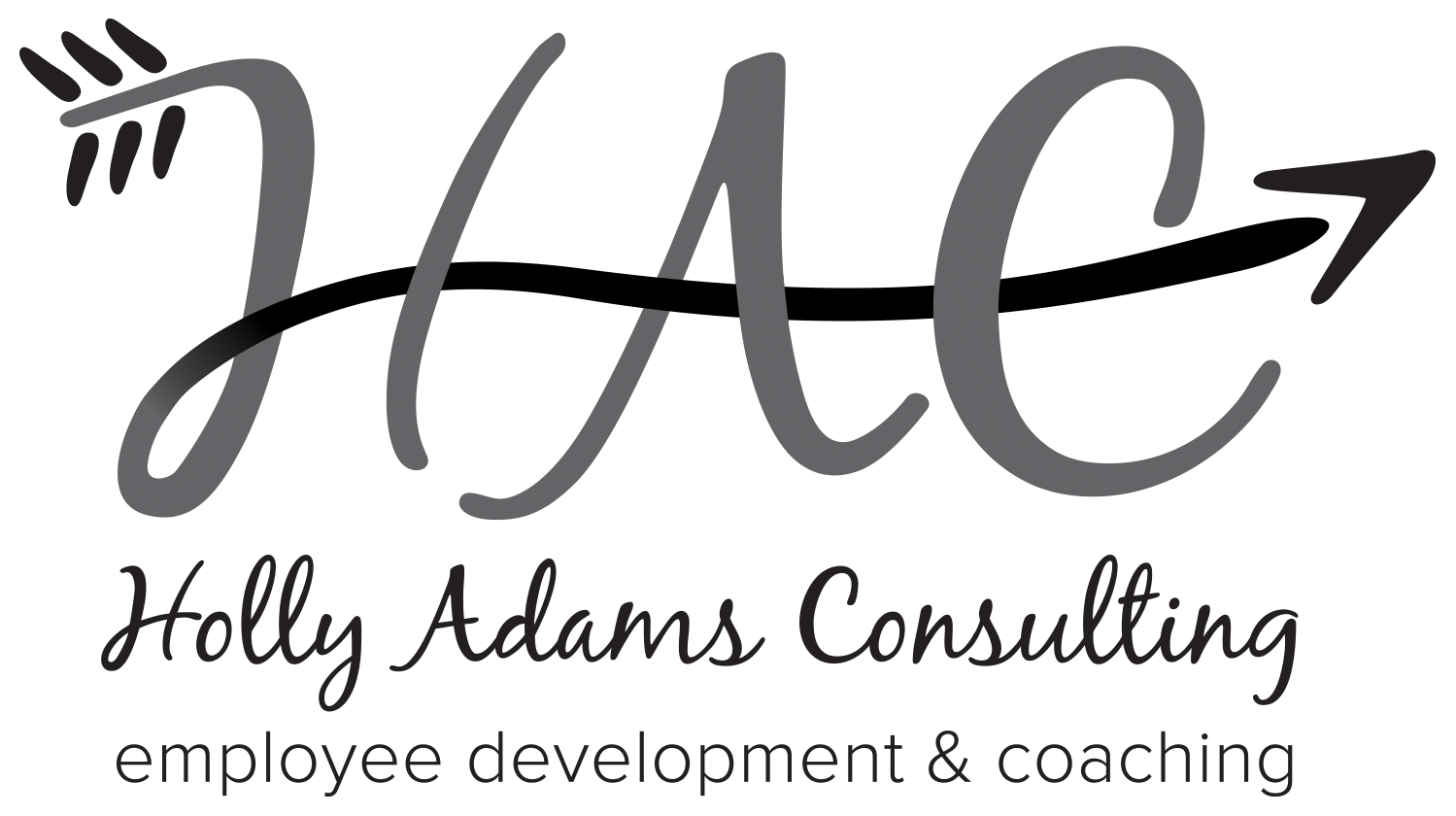As summer comes to a close and a new school year begins, I’m inspired to do a sort of personal reset. I like to take time to think about my personal and professional goals for the academic year to come and how I will meet them. I also like to get back into the habit of regularly documenting my successes.
It may sound vain, but I can assure you this exercise is not meant to turn you into a narcissist. In fact, it’s mostly about celebrating small victories in the midst of the normal chaos of daily life.
I am fortunate to have some very wise friends and (most of the time) I’m wise enough to pay attention when they share helpful insights. During a recent conversation, my friend Jennifer (using her real name so she knows just how fantastic she is) did just that.
In an effort to build her daughter’s confidence before the start of her first year of college, Jennifer focused on communicating how fun it was going to be, how many new friends she’d make, how fantastic it would be to explore a new city. Jennifer had a great college experience herself, and although she understood her daughter’s trepidation, she was hesitant to talk about anything even remotely negative lest she plant doubts.
But what she shared next was what really blew my mind. She said something along the lines of “I wish I would have talked about how hard it was going to be too.” Even with the best of intentions, she learned there may have been a different way to manage expectations – a more balanced (realistic?) approach. It’s a story with a happy ending because Jennifer’s daughter navigated her first year at college very well, but I couldn’t help thinking about how impactful a list of previous successes may have been in helping this young woman to feel even more confident going into a new experience.
It’s just the way our brains are wired. Our day may consist of dozens of things that go really well, but when that one bad thing happens, we tend to focus only on the negative. How quickly we can refocus our attention on the positive is key to progressing. One way to combat the negativity is to reflect on all of the successes we’ve earned. It may not take away the sting of a perceived failure, but the data will support a more realistic perspective.
The method by which we document success doesn’t have to be complicated (a journal, an old notebook, the notes app on your phone will work just fine). As you or your loved ones start anew this fall, find a way to document success. Even young children can benefit from this practice. When those inevitable challenges arise, you will have the data to more accurately assess progress.
How will you document your successes? Please share!
-Holly



